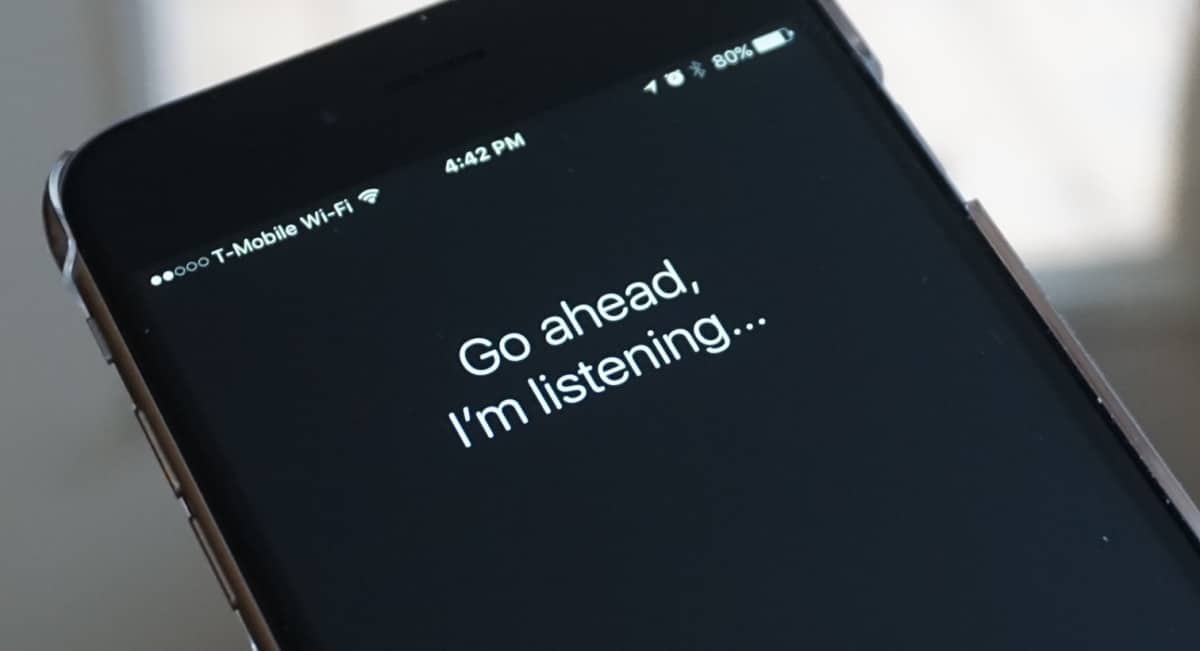Is Your Phone Listening To Your Conversations?
Jacques du Rand 2021-06-21
The Reason You're Seeing Those Ads, Or Weird Ads
Ever get the feeling someone is listening in on conversations you're having with people? Well, you might not be far from the truth.
Have you recently had a conversation with someone (voice or text) and then start seeing weird adverts following you on the web? If you go back to your conversation you might pick up words that have some connection to the ads you're seeing.
We Call Those Remarketing Ads

In the world of digital marketing those ads have a name. We call them 'Remarketing Ads'. The more common use for them is to activate them once a person has visited your website and plant a cookie on their device. They will then start seeing adverts on other websites and social media sites that remind them of that website they visited.
For example you went onto Takealot recently to check out their Father's Day promotions. Then you started seeing ads for Takealot on almost every other website you visited after you looked at them. Those are remarketing ads.
Now this type of advertising we're all too familiar with, but ever sit with a friend and have a conversation, or a call about how you miss travelling and are really looking forward to going back to Thailand, or any other destination? And then the next day you start seeing ads about flights or even about Thailand?
Phones Really Do Listen, Actually.

Android and iPhone come packaged with smart-voice controlled artificial intelligence systems that 'pay attention' to what you say. AKA, have you used the Google or iPhone voice activated assistants? Typically they are activated by saying a trigger phrase such as 'okay Google' or 'hey Siri'. Ever notice how, on Android, you say 'hey…' and the screen lights up? That is the assistant paying close attention to see if you might be triggering them.
The information they 'listen to', aka record, is typically harmless and are only processed within your own phone, unless they are 'triggered' into action. However, third-party apps like Facebook for example, may still have access to 'non-triggered' data. Remember when you gave that app permission to access your camera or microphone? Well, this is what it allows it to do. So yes, it is perfectly legal.
What exactly those third party apps, like Facebook or Insta, use as triggers, we can't be certain of. They might have thousands of (possibly more) triggers.
Remarketing ads have just evolved and 'listening for' trigger words in conversations or typed messages and emails, is really not that different to advertisers looking at your browsing history to follow you around the web with ads.
How To Disable 'Listening' Mode
If you don't like the idea that your phone is constantly listening to you, or if you feel unsafe, you can disable the feature. In doing so you are of course then disabling your virtual assistant, so no more 'hey Siri' or 'okay Google'.
How to disable 'Hey Siri' on iOS:
- Go to Settings > Siri & Search.
- Toggle off Listen for 'Hey Siri', Press Side Button for Siri, and Allow Siri When Locked.
- Tap on Turn Off Siri in the pop-up.
How to disable 'Ok Google' on Android:
- Go to Settings.
- Select Google > Account Services > Search, Assistant & Voice > Voice.
- Select Voice Match and toggle off Hey Google.
If you don't like the idea of switching off your virtual assistant, there are other ways to protect your privacy on your device:
- Only download virtual assistants from official stores. There are many virtual assistants outside of Google Assistant & Siri.
- Review app permissions. Remember when you just clicked 'accept' and didn't read what you were actually allowing permissions for on that app you downloaded? Well, it might be a good idea to go back and review permissions for your apps. Especially where they ask permission for access to your microphone, with no solid reason why they need it.
- Review & delete your voice request history. It is a good idea to occasionally review and delete your voice request history (the requests made to virtual assistants). It's the same as clearing cookies and cache from your desktop.
- Update your software. Keeping your phone software up to date definitely keeps you more secure.
- Look at using a VPN. VPN software masks your IP address and encrypts traffic, enhancing your privacy. Your phone might be more secure, however if you've given apps permissions, it will not be affected by a VPN.
Creepy as it might be, now at least you know why you're seeing those ads. And also what giving permissions for apps could lead to. Check out our article about VPNs and how they can help protect your privacy and make your devices more secure.

